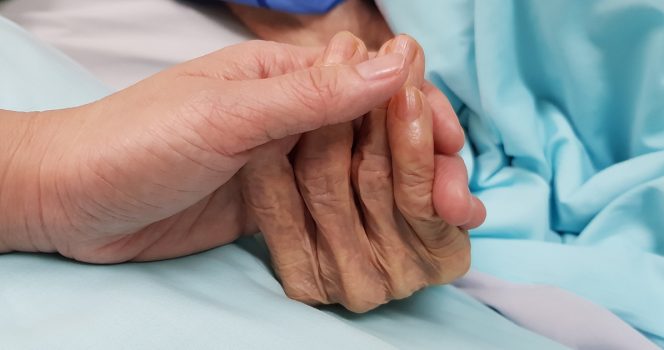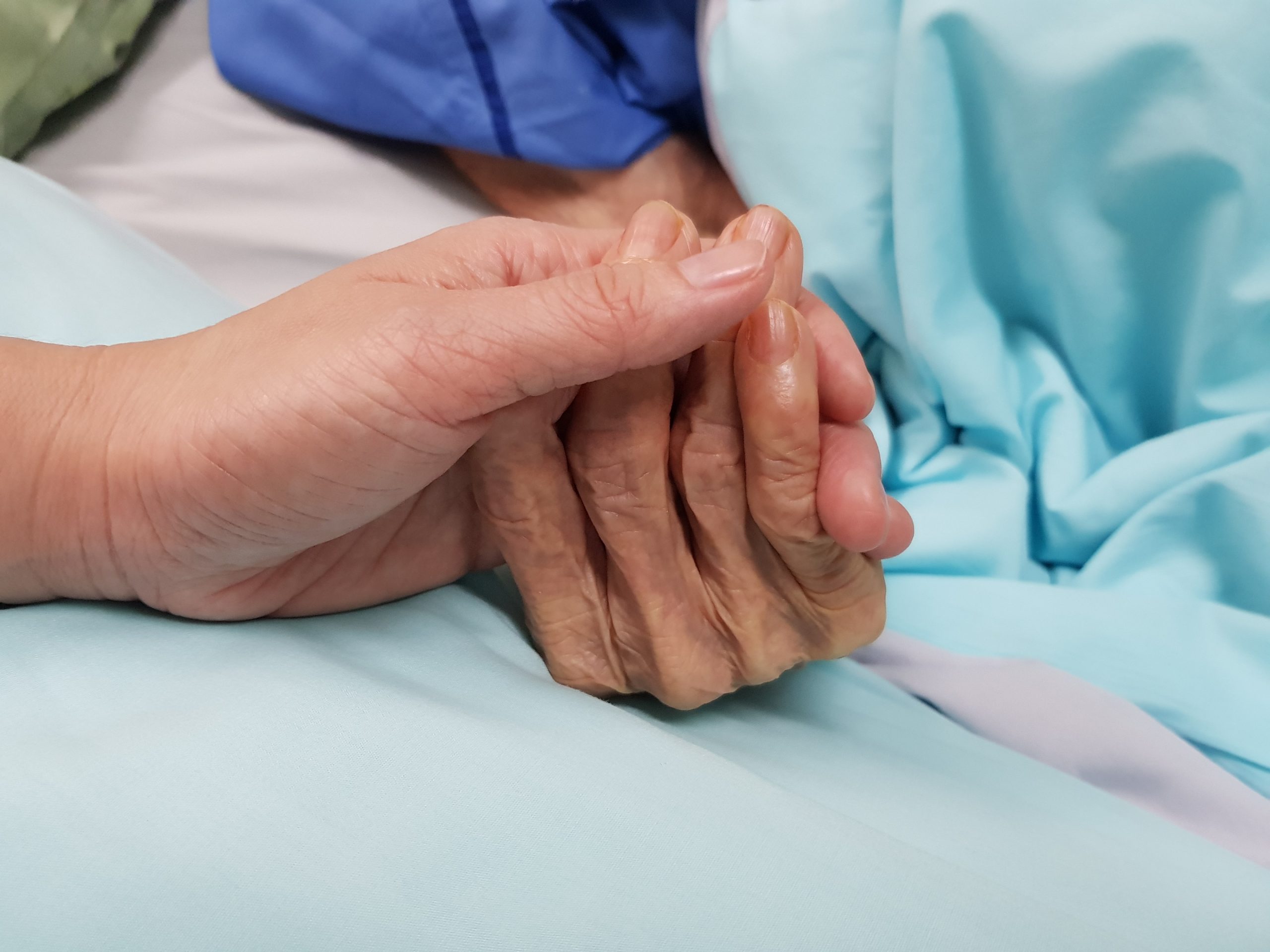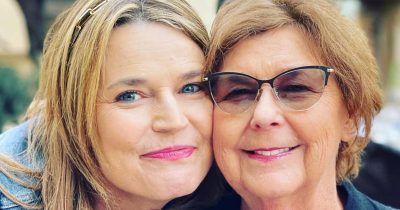
If you’ve ever been present during someone’s final moments you’ll know all too well what a profound and lasting experience it is.
Imagine, then, working as an end-of-life nurse tasked with being present for the final minutes and hours of people on a regular basis. I can only surmise that committing to such a profession teaches you a great deal about humans at a deeper level than most of us are ever exposed to.
One such nurse has shared her experiences after seeing over 300 people die – revealing the seven most important things it taught her about life.
It makes sense that studying people in their final moments of life, when their race is run and they’ve squared off with all they’ve said and done, can offer wisdoms that can’t be obtained anywhere else. There’s a lot to be learned from those who are dying, that is for those lucky enough to have living left to do.
The aforementioned nurse is Laura M, who spends her working life with people who are rapidly approaching the end of their natural span. She began to record the final words of her patients, labeling the last phase of life “the quiet hour”.
Naturally, the dying wishes and regrets of her patients varied greatly depending on who they were and what sort of life they had lived.
Love, come what may
One patient, a 92-year-old World War II veteran named George, had not spoken to his brother for over forty years.
George told Laura: “I won the argument, but I lost a lifetime.”
Laura revealed to Everyday Health that people who are dying don’t commonly wish they’d been tougher during their life. Rather, they wish they hadn’t been as tough as they perhaps were.
Not enjoying joy
A retired engineer, meanwhile, told Laura that he had pursued wealth and riches because he was so afraid of being poor.

“I was so scared of being poor that I became rich in fear,” he was quoted as saying.
A by-product of his fear was that he never actually got to properly enjoy any of the wealth he had accrued, because he was so scared of losing it.
The art of forgiveness
One woman who Laura was with during her final hours taught her the importance of forgiveness. The woman in question said: “I can’t die angry.”
When her estranged son arrived, she forgave him for an earlier dispute. Her breathing became more restful after that, and she died 30 minutes later.
The best things in life are free
Laura also revealed how one CEO had shared with her his failure to appreciate the beauty of everyday things around him.
“I mistook being busy for being alive,” he said.
The nurse added that most people had fairly common answers to the question of what they missed the most.
“The sound of birds”, “my dog’s breath in the morning”, and “the smell of rain”, were among the answers.
Regrets
Another common theme with people who know they are dying is that they express a regret for the things they didn’t do as opposed to the things they did.
As one person put it rather poignantly for Laura: “I didn’t regret failing—I regretted never auditioning.”
Presence
Being present and truly in the moment is harder than ever with the multitude of distractions on hand in today’s world. That doesn’t mean it’s not important to try and ‘live in the now’ where possible.
“I was always somewhere else—even when I was home,” one dying patient told Laura.
Authenticity
With so much emphasis placed on what other people think and how we should conform to society, it’s not that strange at all that individuals live their lives lacking what they perceive to be authenticity.
For some dying people Laura sat with, pretending to be something other than themselves was a regret they had in common.
“Finally, I’m done pretending,” one person told Laura.
If you were to die tomorrow, what do you think you’d reflect upon most during your final hours? Let us know in the comments.
READ MORE
- End-of-life doctor reveals what people say right before death
- Hospice nurse reveals three signs people show 24 hours before dying




